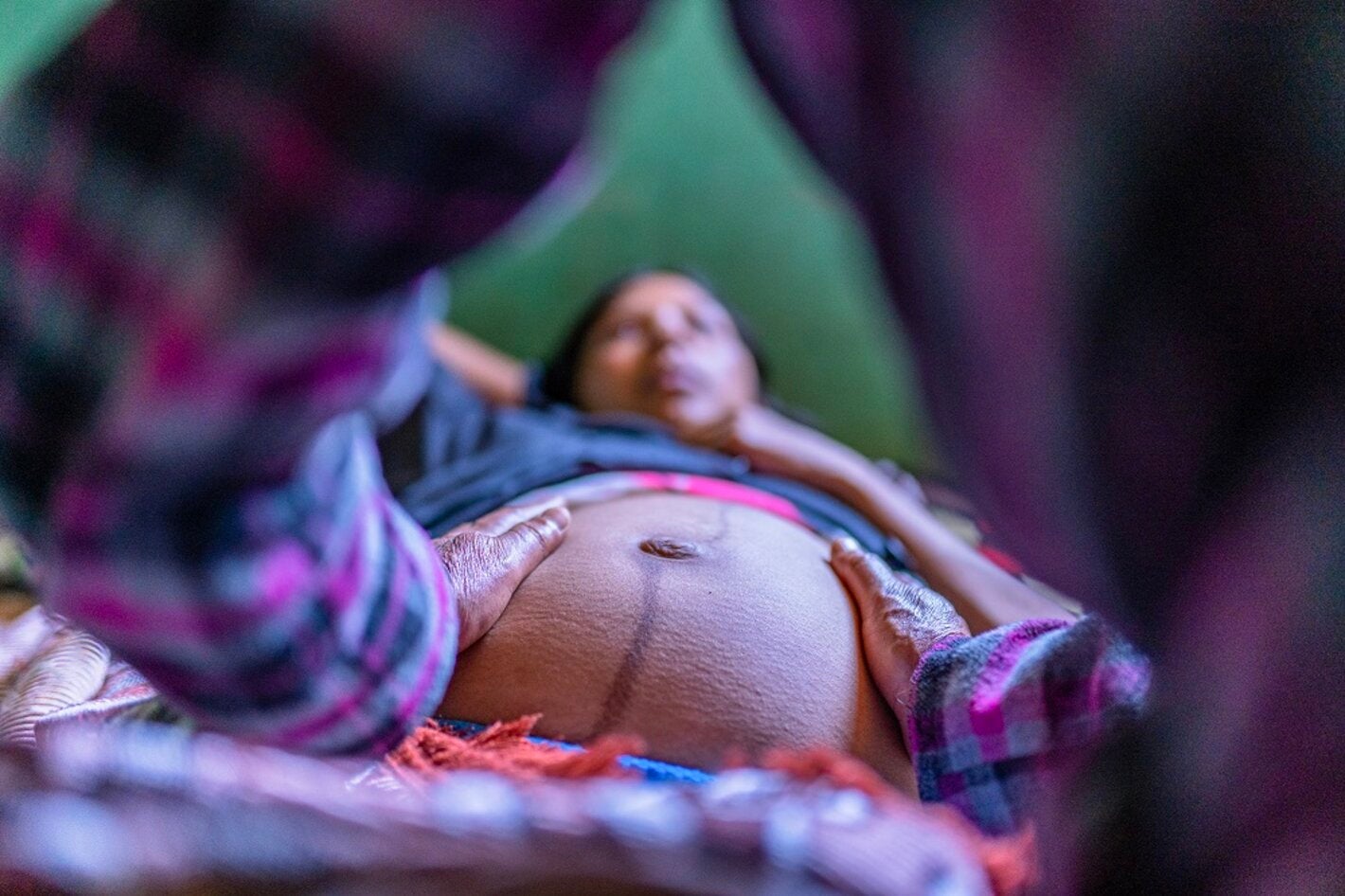
Montevideo, February 3, 2023. “From global recommendations to (in)action: A scoping review of the coverage of companionship of choice for women during labor and birth", a World Health Organization (WHO) research paper with technical support from the Latin American Center for Perinatology - Women's and Reproductive Health (CLAP/WR), was recently published.
Labour companionship improves maternal and perinatal outcomes, including enhancing physiological labour and birth experiences. However, despite its benefits, its implementation is slow and uneven across regions.
Through this research, a scope review was conducted to assess coverage and models of labour companionship.
In addition to the analysis of 77 studies from 27 countries, it was considered information obtained through the Maternal Health Sentinel Network, which is under the auspices of CLAP/WR. This network covers nine health facilities in five Latin American countries (Bolivia, Dominican Republic, Guatemala, Honduras and Nicaragua) since 2014. In all cases, these are public institutions with more than 2,500 births per year.
The information from these institutions was obtained through the Perinatal Information System (SIP), which is a free perinatal clinical registry system that records information from pregnancy to the postnatal period. Among the information for the peripartum period, it records whether the woman had the support of a companion only during labor, only during labor, or during labor and delivery, and who this person was (partner/spouse, family, or other).
Using data from April 2018 to April 2022, it was descriptively analyzed SIP data on companion coverage during labor for a sample of 120,581, representing all women who delivered at these sentinel institutions during this period.
According to the publication, accompaniment during labor is still not widely implemented, with more than 30 % of studies reporting coverage of less than 40 % and more than 60 % reporting coverage of less than 80 %.
Urgent efforts are therefore needed to guarantee this right to women. This involves removing existing barriers to the implementation of accompaniment, working with women, communities, health workers and health decision-makers.



